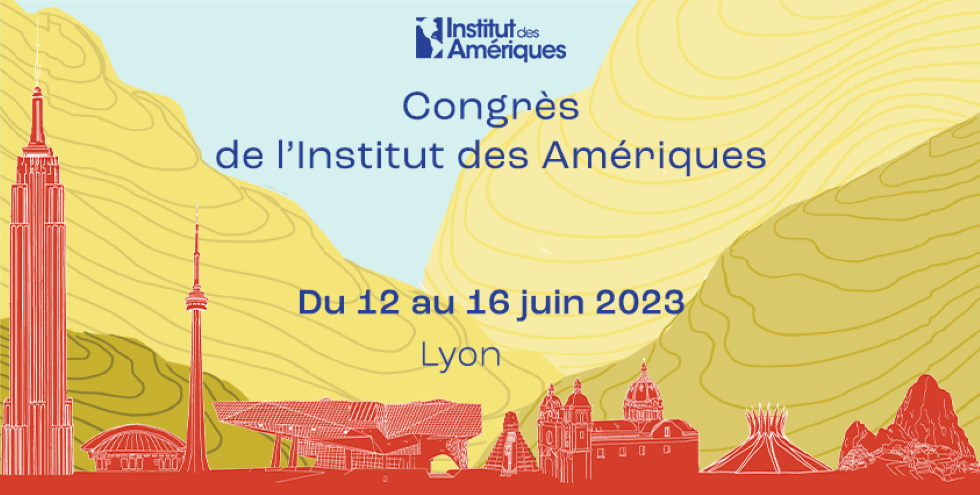
Mesas redondas > El investigador frente a la acción pública en las Américas: ¿experto, actor o activista?Mesa redonda Responsabilidad social de la investigación Jueves 15 de Junio de las 4:30 pm a las 6:30 pm Palais Hirsch, Grand amphithéâtre Organización: Irène Delcourt (LARHRA - Université Jean Moulin Lyon 3) et Luis Miguel Camargo (CESPRA - CNRS - EHESS) Intervenantes: Esther Cyna (CHCSC - Université de Versailles Saint-Quentin-en-Yvelines, Paris-Saclay), Eglantine Zatout (Université Versailles Saint Quentin en Yvelines), Laura Lema Silva (LCE - Université Lumière Lyon 2), Tania Romero Barrios (Université Paris 8 - Vincennes Saint Denis), Cléa Fortuné (Université Sorbonne Nouvelle) et Charlotte Thomas-Hébert (CRPSCESSP) Presentación Iluminar el pasado e invertir en el presente para mejorar el futuro es una de las principales preocupaciones de la investigación en ciencias sociales. Esta mesa redonda pretende examinar las formas en que los investigadores se implican en los problemas sociales considerados acuciantes en las Américas: la violencia armada, la salud y la medicalización de las adicciones, las cuestiones penitenciarias, los derechos de las minorías, etc. Discutiremos los objetos, las formas y la formación de estos compromisos, pero también el impacto particular de la producción científica en la implementación de la acción pública (entendida aquí como las acciones tomadas por una autoridad pública, sola o en asociación, para abordar una situación percibida como un problema) en las Américas. El objetivo es alimentar el debate sobre lo que es y podría ser la "responsabilidad social" de la investigación en ciencias sociales y humanidades en la elaboración de acciones mejor informadas y coordinadas en función de los desafíos de las sociedades de las Américas. Esta mesa redonda tratará de reunir a algunos investigadores americanistas, sociólogos, historiadores, geógrafos o economistas cuyos trabajos planteen, de cerca o de lejos, cuestiones urgentes de acción pública. La mesa redonda brindará la oportunidad de debatir las experiencias de estos expertos para responder a algunas preguntas fundamentales: ¿qué papel ha tenido (y podría seguir teniendo) su trabajo científico en la aplicación concreta de las acciones públicas, especialmente en situaciones de emergencia social? ¿En qué medida han influido estas cuestiones en sus decisiones en cuanto a la producción científica y el compromiso personal? ¿Con qué modalidades de participación en ámbitos públicos experimentaron? ¿Cómo ha influido la definición/redefinición de sus objetos de investigación en la importancia de estos problemas sociales? ¿Qué relaciones o colaboraciones han podido establecer con agentes ajenos a sus disciplinas, o incluso a la investigación académica, y con qué resultados? ¿Qué dificultades y obstáculos han encontrado en su planteamiento? Responder a estas preguntas es un intento de comprender mejor los retos de un mundo contemporáneo en constante cambio, pero también es una forma de repensar nuestras herramientas científicas a la luz del ámbito público. |

